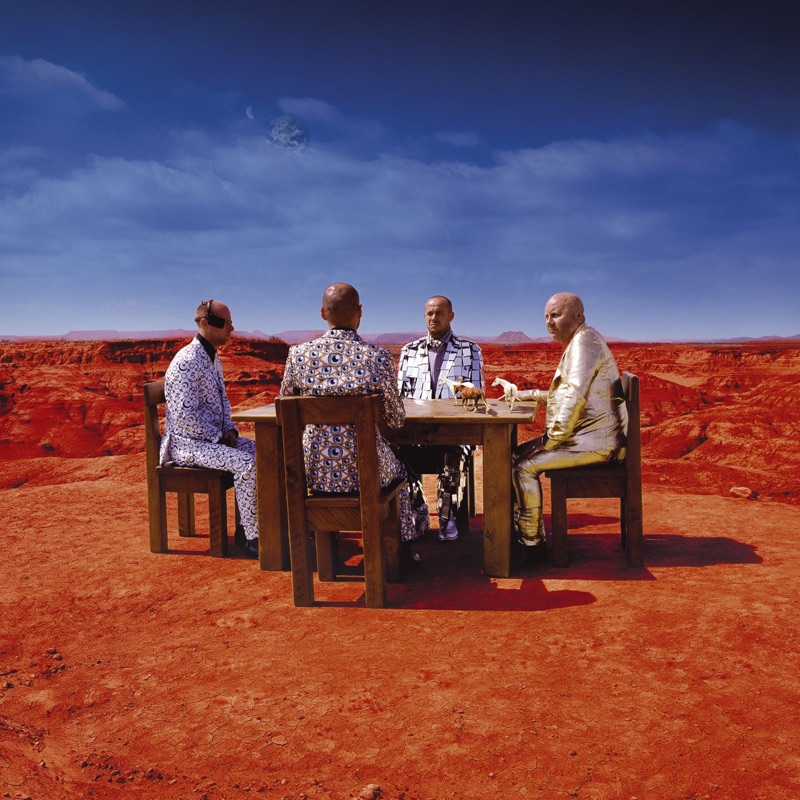
The song “Map of the Problematique” by Muse explores themes of existential despair, longing for freedom from emotional turmoil, and the universal struggle for connection and understanding amidst loneliness and societal disarray.
Meaning of “Map of the Problematique” by Muse
The song “Map of the Problematique” by Muse creates an intense atmosphere of emotional turmoil, capturing a sense of fear, panic, and longing for freedom.
The song is a meditation on the irreversible nature of some choices
The chorus, “I can’t get it right / Get it right / Since I met you / Loneliness be over / When will this loneliness be over?” is the heart of the song. It encapsulates the torment of trying to fix something that feels perpetually broken. We feel the narrator’s desperation, their yearning for an end to loneliness, a seemingly unattainable goal. It’s almost like they’re trapped in a loop, unable to find peace or closure. 💔
Diving deeper into the verses, we encounter lines like “Fear, and panic in the air / I want to be free / From desolation and despair.” These words paint a vivid picture of someone struggling against an overwhelming sense of doom. The phrase “everything I sow is being swept away” highlights the futility and frustration of their efforts, as if all attempts at progress are undone by forces beyond their control. And then, “when we bleed, we bleed the same,” reminds us of our shared humanity—our collective suffering. The song makes us think about how often we overlook this simple truth. ðŸŒ
Muse delivers a powerful message about the shared human experience of pain and the universal desire for connection. Through haunting lyrics and a relentless beat, the song urges us to recognize our common struggles and find solidarity in our vulnerabilities.